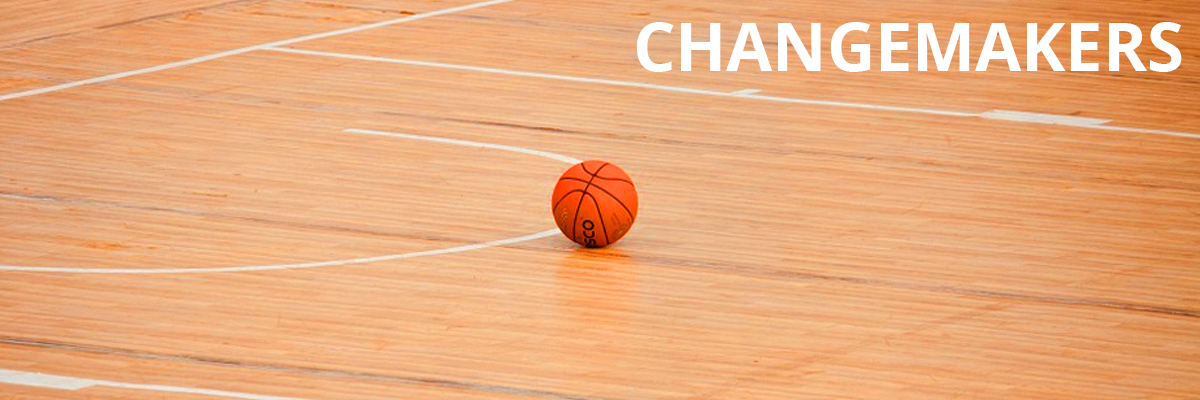You may or may not have seen the heart-warming story about a high school senior, Taylee Smith, from Springville High School in Utah. She has Down Syndrome and, for every other game in her basketball career, she served as the women’s team manager. On Senior Night, however, her team, as well as their opposition, made an incredibly kind gesture to show their appreciation for Smith’s hard work and dedication.
Smith was the first member of the team to walk onto court. She was also the first player, on either team, to score for the evening. Smith’s layup from a bounce pass gave Springville High School a 2-0 lead, but the opposition didn’t care. Following the layup, the entire student section proceeded to cheer Smith’s name while jumping up and down in support of her unyielding commitment to the team and school.
This was clearly an event planned by the students of Springville High School. It wasn’t just Smith’s teammates and classmates, but all of the students and coaches associated with the opposing team who wanted to participate as well. These three groups of incredible teenagers – Smith’s teammates, the school body, and the opposing team – wanted to do something special for a fellow student who had, in all likelihood, never been the center of so much positive attention and love-filled energy.
Sports, at any level, can be quite competitive and, in some cases, even dirty. Too often, there’s a “me first” or “our team has to win” mentality associated with athletics. This story, however, demonstrates a breakdown in this kind of thinking and truly exemplifies the meaning of sportsmanship. Whereas similar events allow honorary teammates to score points in the closing minutes of a winning game, what the students at Springville High School planned was even more exceptional because Smith’s basket could have won or lost the game for either team.
Not only does this story exemplify the absolute best of high school athletics, it also demonstrates how impactful a community of teens can be. Smith and her family will never forget this game and neither will the students who planned and executed it.
Contributed by Amanda Vosloh Bowyer

